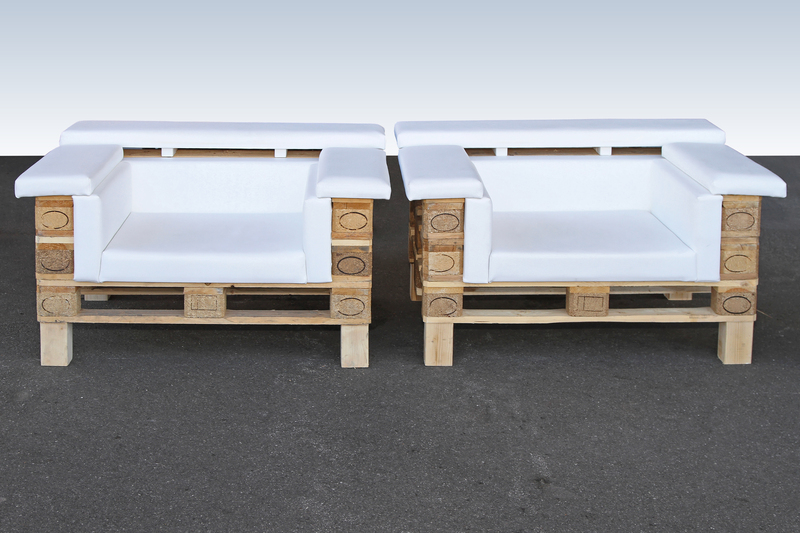The Ins and Outs of Hard Rubbish Disposal
Hard rubbish disposal can often be a perplexing issue for many households and businesses. Proper disposal not only helps in keeping the environment clean but also ensures resources are used efficiently. This guide aims to navigate you through the complexities of hard rubbish disposal, providing comprehensive information to manage waste responsibly and efficiently.
What is Hard Rubbish?
Hard rubbish generally includes large household items that are no longer in use, such as furniture, appliances, and other bulky items. These are typically items too large to fit in your regular garbage bin. Here are some common examples:
- Old furniture like sofas, tables, or mattresses
- Large electronic waste such as televisions and computers
- Appliances including refrigerators and washing machines
- Building materials or renovation debris
Why is Proper Disposal Important?
Proper disposal of hard rubbish is critical for several reasons:
- Environmental Protection: Improper disposal can lead to environmental hazards, affecting soil and water quality.
- Resource Conservation: Recycling materials from hard rubbish can conserve resources and reduce the need for new raw materials.
- Community Safety: Large piles of rubbish can become safety hazards, attracting pests or blocking public areas.
Methods of Hard Rubbish Disposal
There are various methods to dispose of hard rubbish effectively:
Council Collection Services
Many local councils offer hard rubbish collection services. These are typically scheduled a few times a year and allow residents to dispose of bulky items conveniently. Check your local council's website for specific dates and guidelines.
Drop-off Centers
Recycling centers or transfer stations often accept hard rubbish. It's an excellent option for immediate disposal, but ensure the items are sorted according to the center's requirements.
Private Waste Disposal Services
Hiring a private waste disposal service can be a flexible option. Despite being slightly more costly, they offer tailored services, picking up rubbish at your convenience.
Donation and Reuse
Before considering disposal, evaluate if items can be donated or repurposed. Many organizations accept furniture, appliances, and other items, giving them a second life. This method is both environmentally friendly and beneficial for community support.
Steps for Effective Hard Rubbish Disposal
To ensure smooth and efficient hard rubbish disposal, follow these detailed steps:
Step 1: Plan Ahead
Before the collection day or drop-off, identify all items you wish to dispose of. Group them by category (e.g., metal, electronics) to facilitate better handling at the disposal site.
Step 2: Check Local Regulations
Local councils often have specific guidelines regarding what can be put out for hard rubbish collection. Adhering to these ensures your waste is collected without issues.
Step 3: Safe Preparation
Prepare your items safely by removing any dangerous components. For instance, take the doors off refrigerators to prevent accidents.
Step 4: Optimal Placement
When putting out your hard rubbish, place it in an orderly manner where it is easily accessible for collection. Ensure walkways and thoroughfares are not obstructed.
Step 5: Explore Alternative Options
If your items are still in good condition, consider selling or donating them. Not only does this practice promote sustainability, but it also supports the circular economy.
Challenges and Considerations
While disposing of hard rubbish seems straightforward, there are challenges to consider:
- Volume Limitations: Most council collections have volume limits per household. Exceeding these may require alternative solutions.
- Hard-to-Dispose Items: Some items, such as hazardous waste and certain electronics, may require special handling.
- Illegal Dumping: Avoid illegal dumping as it not only damages the environment but is also subject to heavy fines.
Environmental Impact and Sustainability
Understanding the environmental impact of hard rubbish disposal is crucial. Emphasizing sustainable practices can reduce waste and promote a cleaner environment.
Recycling and Recovery
Many materials in hard rubbish can be recycled and reused. Metals, electronics, and some plastics are prime candidates for recycling, cutting down the need for new raw materials.
Composting and Organic Disposal
If your hard rubbish contains organic components, consider composting them. While it might not apply to most hard waste, some items like old timber can decompose naturally.
Conclusion
Hard rubbish disposal is an essential part of maintaining a tidy and sustainable living environment. Whether through council services, private disposal methods, or recycling initiatives, understanding the different aspects and options available ensures we all contribute positively to our communities and the environment. By following the steps and advice provided in this guide, you can manage your hard rubbish disposal effectively, promoting a cleaner, greener future for all.

